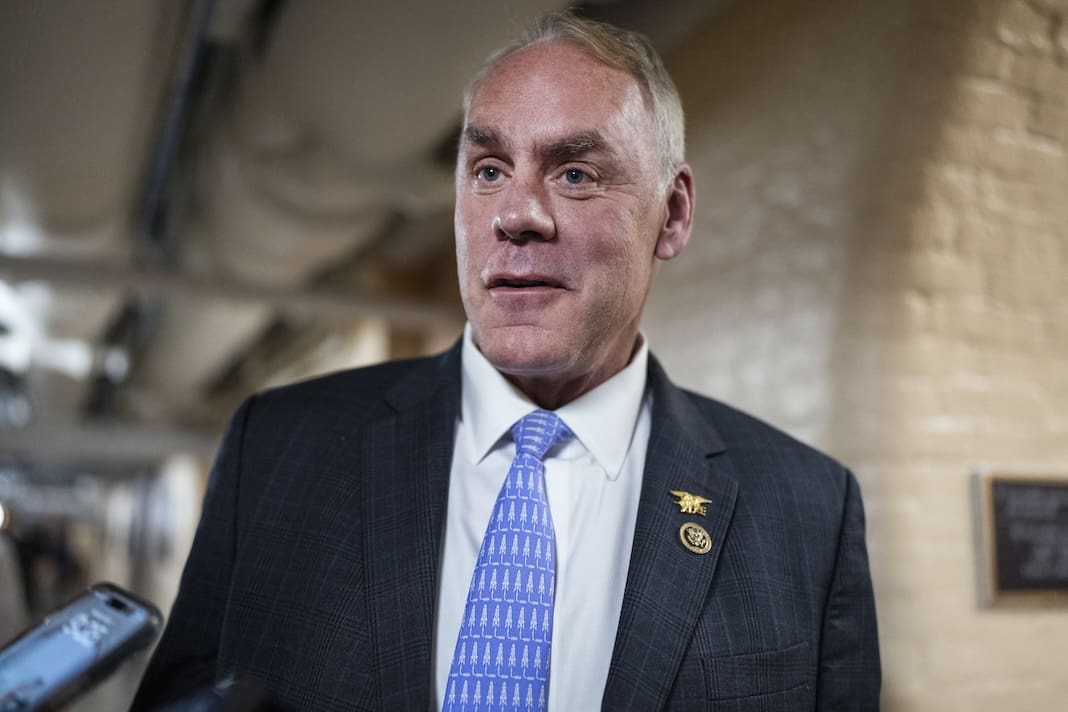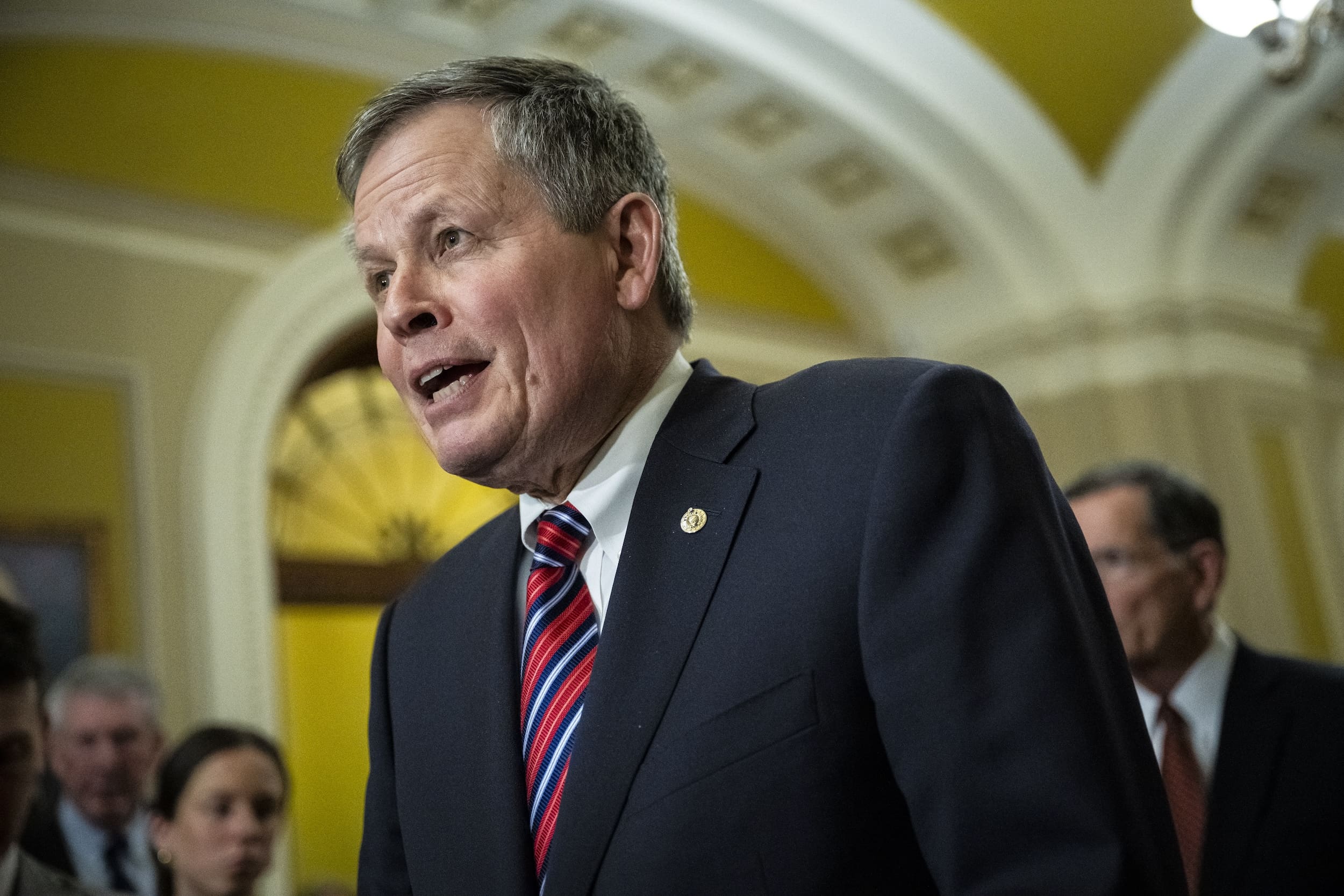Montana State University is awarded $2.15 million to rebuild Native food sovereignty
The director of the MSU program said it aims to ‘build back that Native knowledge network that made our food system work in the past.’

In July 2023, the U.S. Department of Agriculture awarded $2.15 million to Montana State University’s Buffalo Nations Food System Initiative to support projects and build a curriculum related to educating and researching Indigenous food systems and culture.
In the almost year and a half since the grant was awarded, Dr. Jill Falcon Ramaker, an MSU assistant professor, and the initiative’s director, told the Montana Independent the program is trying to build back the native knowledge network that made their food system work in the past.
The Buffalo Nations Food Systems Initiative partnered MSU’s Department of Native American Studies with the College of Education, Health, and Human Development, with the goal of educating and training students in Indigenous food production and methods to strengthen communities through the recovery of cultural knowledge along with new innovations.
The $2.15 million was part of a larger $5 million USDA grant to be used over five years in a collaboration between MSU and Nueta Hidatsa Sahnish College, a tribal school located in New Town, North Dakota.
Ramaker, a member of the Turtle Mountain Ojibwe of Anishinaabe, said the grant has enabled the program to offer a graduate certificate in Indigenous food systems, which will be offered starting in the spring of 2025, and scholarships to support tribal college instructors.
Additionally, the grant offers support to build a “buffalo caretaker” certificate. Ramaker explained that the one-year training program uses Indigenous cultural values in a program of buffalo husbandry rather than a mainstream agricultural approach.
“Prior to colonization and the extractive economy arriving on Turtle Island [a term that is used variously by some Indigenous people to refer to North America, North and Central America, or the earth itself], there were a plethora of Indigenous food systems across the landscape,” Ramaker said. “Here in this part of the world, the buffalo were the very center of the food system. … Buffalo are not only our nutritional center of our universe, they’re the center of our universe culturally and spiritually, and our identity is deeply connected to their well-being.”
Ramaker highlighted that the program is aligned with what is known as the Buffalo Treaty, an agreement based on a treaty reached among Indigenous nations in 1825 that acknowledged their reliance on the buffalo. There are a little over 800 Native students at MSU out of a total population of 18,000. Ramaker said there are about 23 students in her program’s cohort and that she encourages the students to pursue aspects of the program that particularly interest them.
Seth Still Smoking, an MSU sophomore, began his fellowship in the Buffalo Nations Food System Initiative in the summer of 2023. Today, he works in an Indigenous culinary program in Minneapolis – a first for the program.
Still Smoking is Blackfeet and Lakota. He says he’s currently focusing his research on the footpaths of Indigenous people from the North American, Great Plains, or Buffalo Nation bioregion.
“My family and I think ultimately all Indigenous Native American families have some sort of ethnobotanical knowledge,” Still Smoking told the Montana Independent. He added that through matrilineal lineage on his father’s Blackfeet side of the family, members of the family are all ethnobotanists with knowledge of plants and plant medicine.
“I think that a time is really coming for young, Indigenous, and non-Indigenous folks to really learn from elders and talk to people and make network connections and really figuring out how we can build sustainable ways of living,” he said.
By teaching students to “come home to the land,” the program aims to revitalize Native food systems with 21st-century technology, combining land, food, and buffalo sovereignty but still acknowledging that colonization isn’t going away.
“We still have to work to change policies that don’t allow us to get our Indigenous foods in the schools or build infrastructure so that we can harvest our own meat and get it on the tables in our own communities,” she said.
Still Smoking said Indigenous people today are working to reclaim their culture.
“Whether that’s reclaiming our imagery, reclaiming our food, reclaiming spirituality, and all these things that are very important to our ways of life, it’s important that we reclaim those things and come back to them,” he said.



